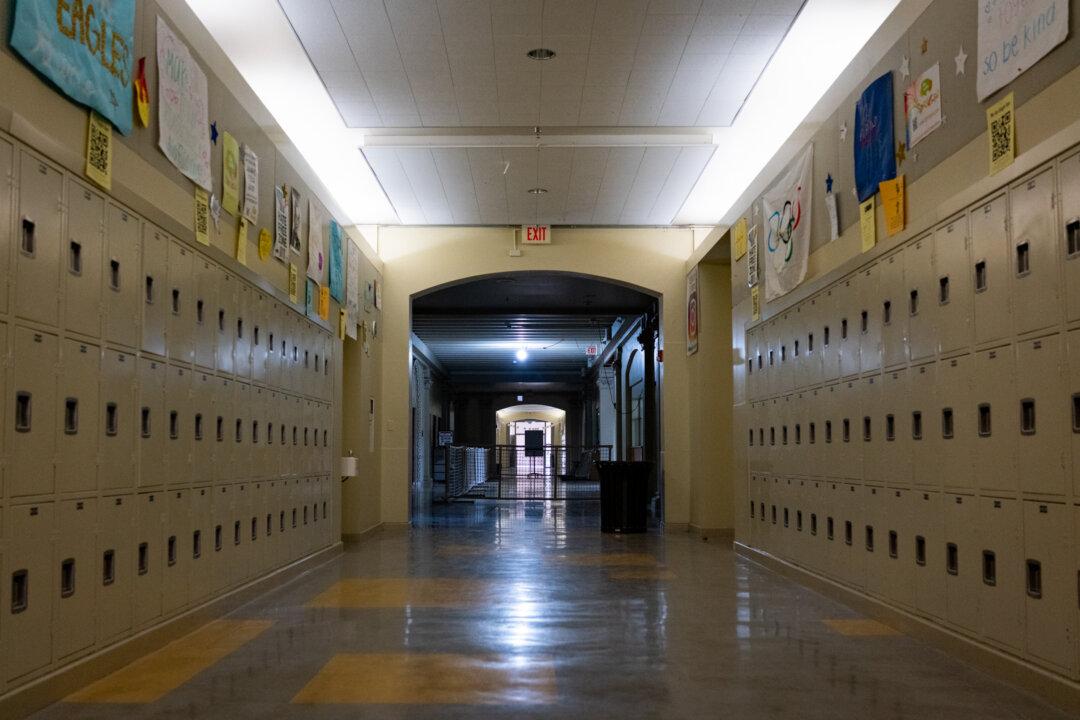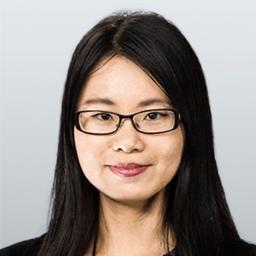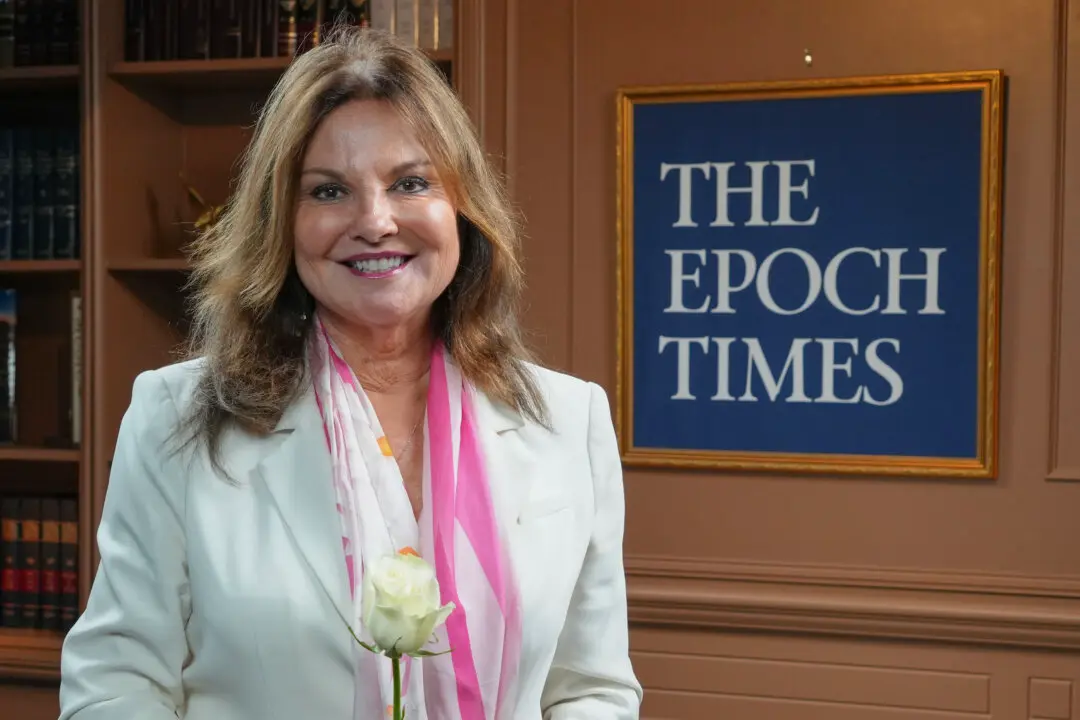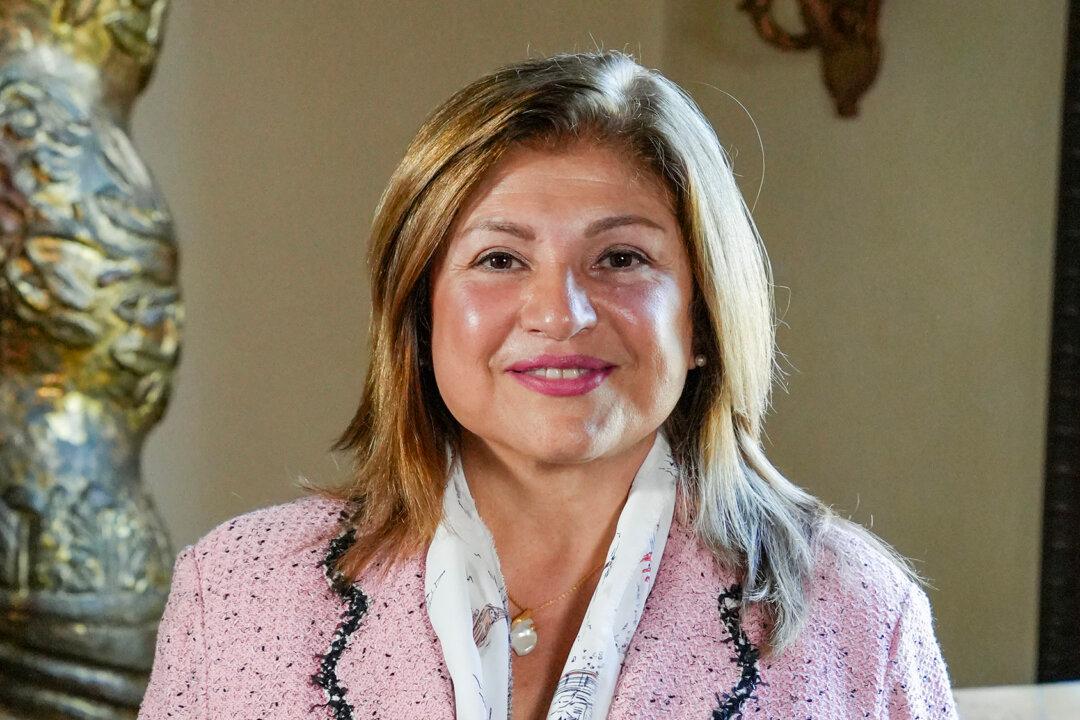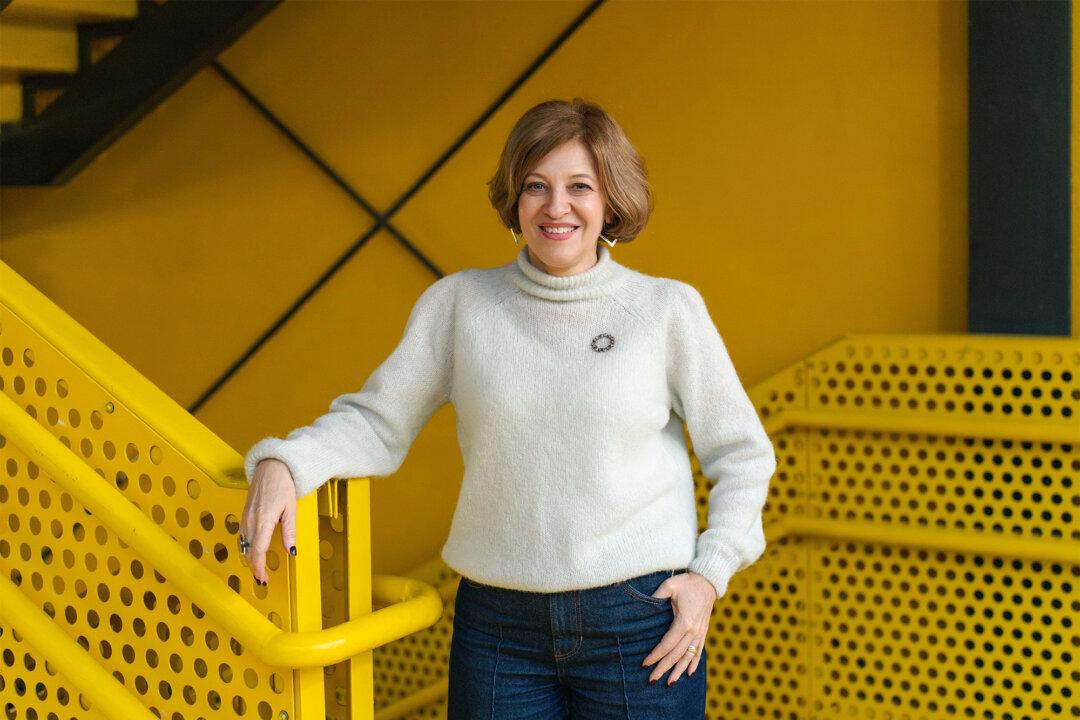SANTA CLARA, Calif.—Editor and filmmaker Christopher Rufo has been focusing his research on critical race theory (CRT) in K–12 schools for the past four months.
Since California announced its ethnic studies curriculum in March, there has been much discussion of CRT, a quasi-Marxist theory that divides people by race into “oppressors” and “oppressed.”
